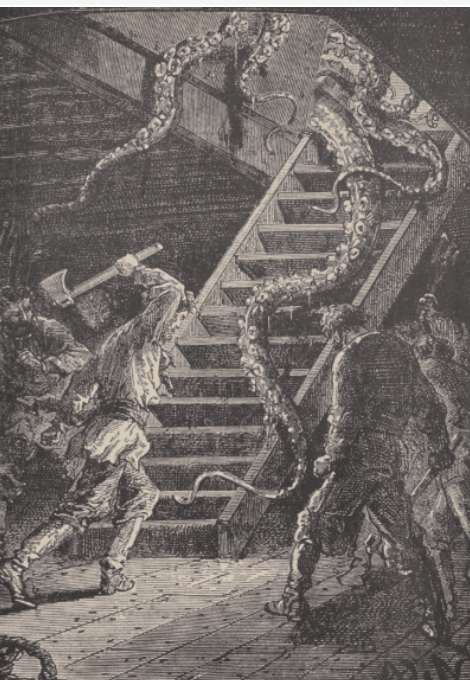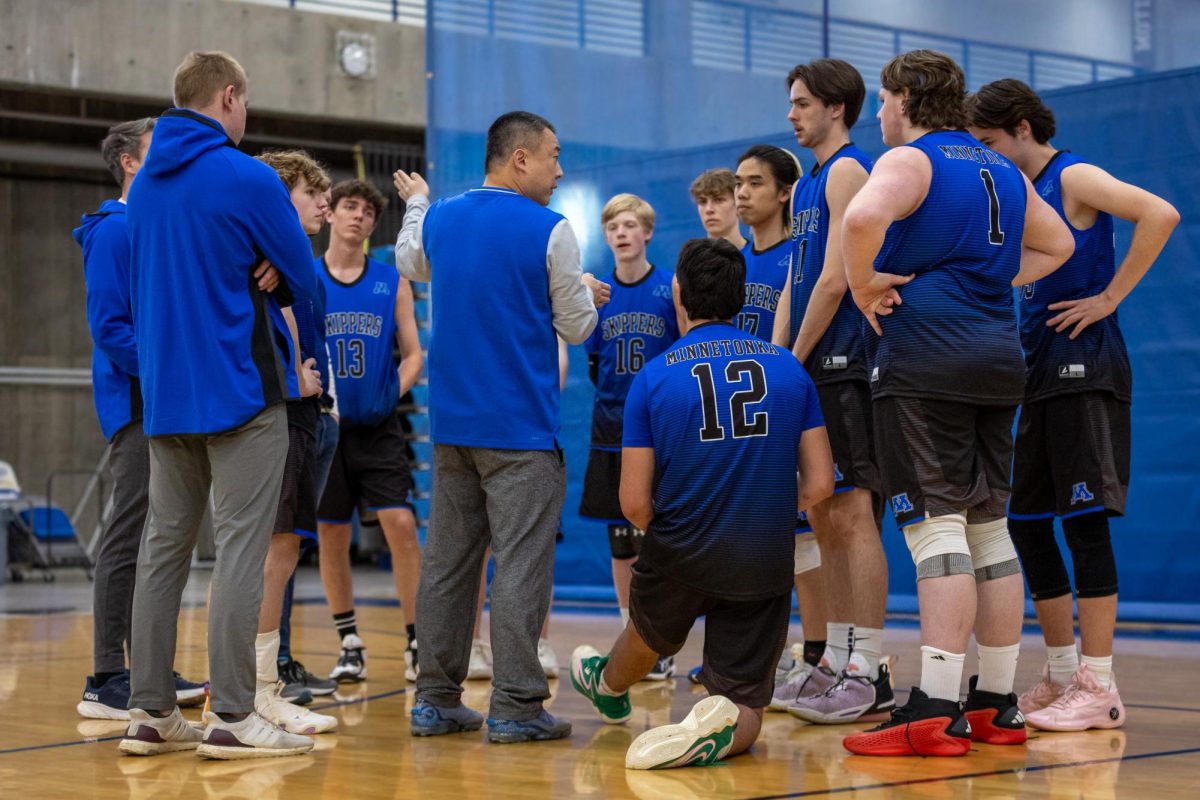Covid-19 And The Demise of Standardized Testing
October 30, 2020
While it has been a long-time tradition for high school students to study and worry over standardized exams, change may be imminent. Even before the coronavirus outbreak, many universities were already starting to question the reliability of standardized tests like the SAT and ACT. Both of these extremely significant college admission exams were once mandatory for college applications; they provide a single numerical score for colleges to assess a student’s academic abilities. However, in light of the current pandemic, many colleges are going test-optional –and some consider this temporary change to be a permanent one.
One of the main reasons why colleges are placing less emphasis on standardized testing lies within the issues of bias and accuracy. The CollegeBoard and ACT make millions of dollars every year in providing tests, testing preparation services and more. These resources benefit the testing company financially, but they also unfairly place students at a disadvantage if they lack the financial capacity to purchase these resources. While not all students use these separate sources as methods of preparation for standardized tests, they do give wealthier students a leg up.
Ming Ying Yeoh, ’21, expressed her concern over this issue and explained her belief that standardized tests “would be more effective in measuring a student’s ability if the playing field was more even, which is definitely not the case now.”
In order to resolve the bias that standardized tests have regarding students’ socioeconomic status, Yeoh suggested that colleges “take into account [this] background and how that might affect their test scores.” She also said that, “if considered properly, standardized tests have the potential to provide useful information about a student without severely disadvantaging students who simply don’t have the same resources as others to score well on these tests.”
When asked her opinion on the reliability of standardized tests, Britney Dang,’ 22, acknowledged that “standardized tests can help colleges measure where the student’s academic abilities lie.” However, she also said that “a test cannot completely determine a student’s full ability.”
Amid other shortcomings, standardized tests often fail to assess crucial qualities such as creativity, critical thinking, enthusiasm, curiosity, motivation, honesty, and much more – qualities that are highly valued in the real world and are more difficult to learn and develop than academic aptitude alone.
On top of that, standardized tests can create an enormous amount of stress for students. In order to stand out in the college admissions process, students must achieve high test scores, especially those striving to be accepted into top schools. With tough competition, students are often encouraged to re-take the tests multiple times in order to achieve their desired score. Not only does do test organizations earn more profit from this culture, but it also takes up more time, mental energy, and effort for students to prepare for a repeat test.
Additionally, Dang noted that “most people are already busy with school and extracurriculars, so adding testing can cause more stress.”
In the end, however, students should know that standardized tests are only one part of the college admissions process.
Michelle Obama, who attended the prestigious Princeton University herself, admitted that she also “struggled with standardized testing” and urged students to “not let these tests define you.”
Theresa Exenberger, a counselor at MHS with over a decade of experience, noted that, ultimately, standardized tests only measure a student’s ability “during one day, one moment of time.” She advised students who have the opportunity to take standardized tests to do so, though colleges will understand if they cannot due to the current pandemic. There will not be any penalty for students who don’t submit standardized test scores.
Nonetheless, recent changes in standardized testing requirements due to the pandemic have served as a crucial reminder to students and educators alike – standardized tests do not ultimately determine a student’s overall intelligence. So do not fear – no matter what score a student achieves, they should be proud of their hard work!
























